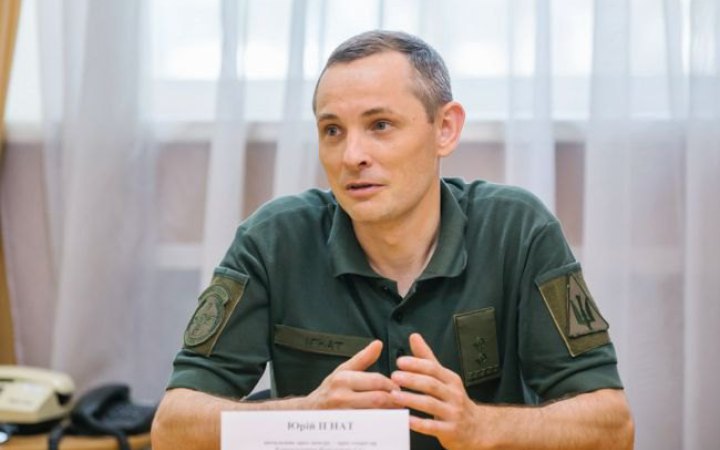Russia has so far suspended massive missile attacks. However, the current missile "lull" is a matter of time while the enemy is accumulating its forces, the spokesman for the Ukrainian Air Force Command, Yuriy Ihnat, has said at a briefing, according to an LB.ua correspondent.
"Of course, the lull is conditional. The war continues. There is a lull in terms of shelling. But there is no calm in the Donetsk sector. We see Bakhmut, Avdiyivka, which are constantly attacked by the enemy, who is trying to reach the administrative borders of Luhansk and Donetsk regions. There is no calm there, huge and hot hostilities are happening," he said.
Ihnat added that over the last week Russia had actually reduced missile attacks. However, shelling of the frontline areas with rocket artillery and S-300 anti-aircraft systems continues. Russia uses Kha-59 and Kha-31 missiles against the regions with active hostilities nearly every day. However, there have been no massive attacks on critical infrastructure with cruise missiles and Shaheds over the past week.
"The enemy cannot afford to launch massive missile strikes. Because it feels a certain shortage of these weapons. This concerns Iskanders, missiles such as Kha-555, 101 and Kalibr. This is especially true of the Kalibr. In October, they were not used so much, up to 15 during the whole month. Obviously, the enemy has a shortage... It is noticeable. It is also obvious that the enemy is accumulating its forces. Because it cannot afford to shell constantly. Plus, this conditional lull can be associated with the actions in the southern direction. Our right bank was liberated. Probably, the enemy focused on this direction to preserve its grouping as much as possible and redeploy it to the left bank. Perhaps this is due to this," he suggested.
Ihnat predicts that after the liberation of Kherson Region our air defenсe and fighter aircraft coverage of this area will be strengthened.
"A new territory is added, where more forces and means are needed, but this is our land. This must happen," Ihnat concluded.
Since the beginning of Russia's full-scale invasion, more than 400 critical infrastructure facilities providing electricity and heating have been damaged.
The Air Force warned that the enemy could launch a massive strike on 15-16 November during the G20 summit.








